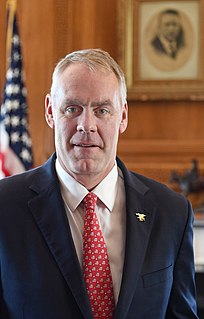A Quote by Jacque Fresco
As we begin to plan for a new human society, we need to foster common values about clean air, water, and other elements of self-sustenance. These, along with a complete inventory of Earth's resources, will form the basis for a holistic approach to cybernated decision-making.
Related Quotes
Despite official drivel about clean bombs and tactical nuclear weapons, anyone who can read a newspaper or listen to a radio knows that some of us mortals have the power to destroy the human race and man's home on earth. We need not even make war; only by preparing, by playing with our new weapons, we poison the air, the water, the soil of our plants, damage the health of the living, and weaken the chances of the newborn.
Air and Water can just swirl around being swirly, and Fire is just kind of aggressive, but my gut feeling is that Earth needs to work for a living. Earth has stuff to be doing. Earth is busy. Earth is solid and responsible and works hard. Earth is reliable. Earth is the designated driver of the elements and will always come over and feed the cat when you're out of town.
It is only when man cultivate humanness that society will shine with radiance and the nation and the world will progress. Humanness can be promoted only through spirituality and not by any other means. Just as a seed can sprout only when it is planted in the soil and watered, human values can grow only in a spiritual soil. If a man wants to cultivate human values, he has to apply the manure of spirituality to his heart, water it with love so that human values will grow.
We need a more holistic approach in which we take account of society's most vulnerable sectors. We shouldn't just do broad averaging of country statistics but rather we need to disaggregate the data to determine where the resources are most needed. In most cases, it's usually the reverse: those who are most marginalized - minorities and rural and remote communities - get the least attention and money.




































